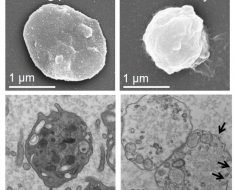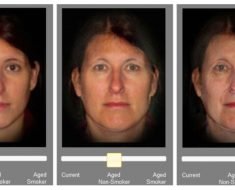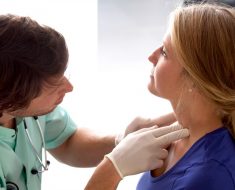Using mathematical modelling, researchers within the Applied Diagnostics Research and Evaluation Unit at the university concluded that a bespoke point-of care diagnostic device could significantly reduce the number of return clinical visits and the average time-to-cure from about a week to one day.
The research team were working with Aquarius Population Health on the project.
At present, sexual health clinics assess arriving patients with a questionnaire. After symptoms are examined by a clinician, ‘presumptive treatment’ is given, usually antibiotics, on the basis of an initial diagnosis. However, until lab results are returned, there is no way of knowing if that diagnosis is correct.
Professor Tariq Sadiq of St George’s explained: “A multiple STI test device is all about enabling specific treatment for the correct infection. The device that is being proposed would be a 4 pathogen test, for Chlamydia, Gonorrhea, Trichomonas vaginalis and Mycoplasma genitalium. According to our research not only would this cut treatment time, it would almost halve the existing rates of onward transmission to partners.”
Source: Read Full Article





